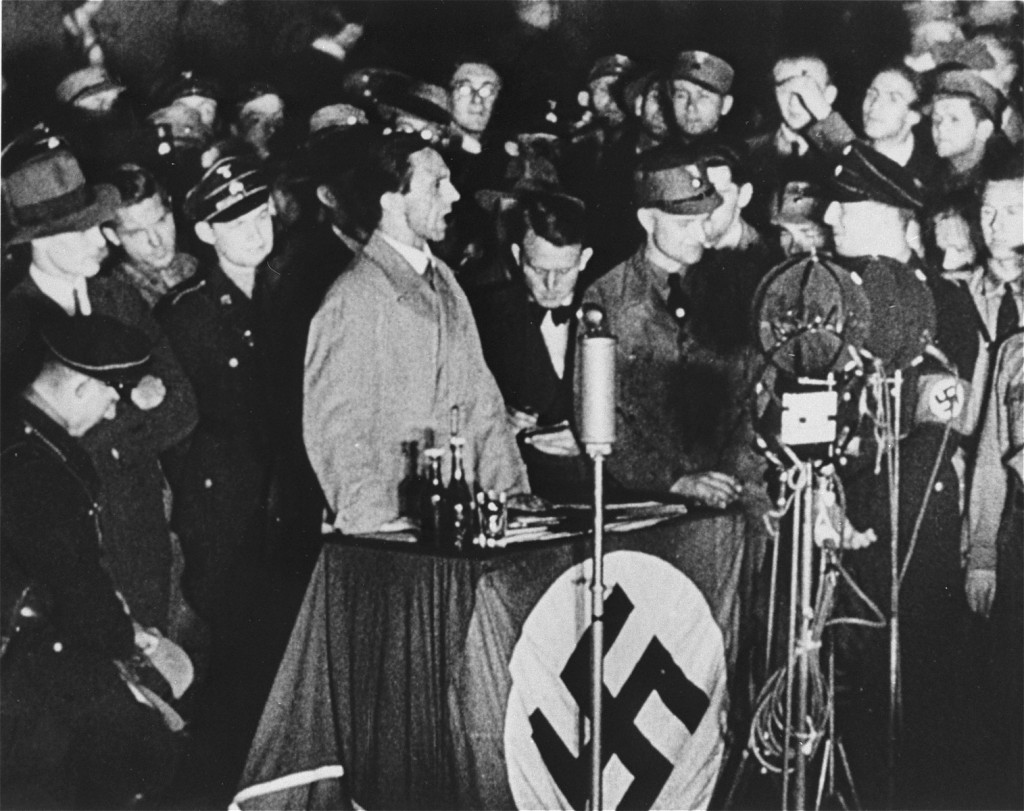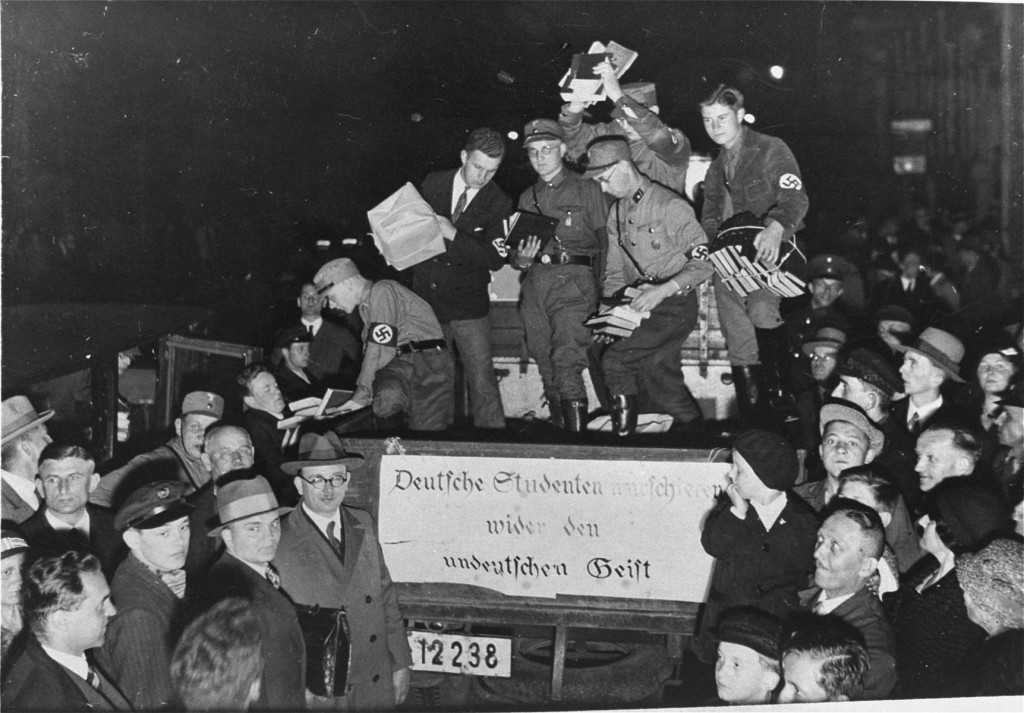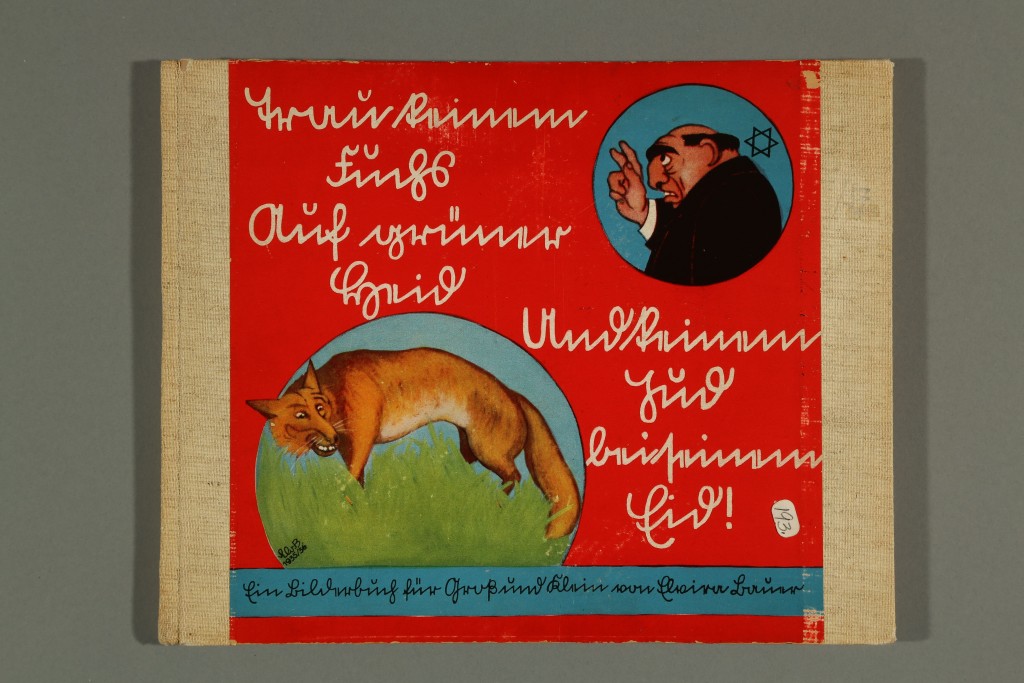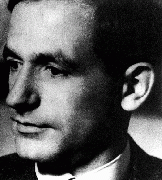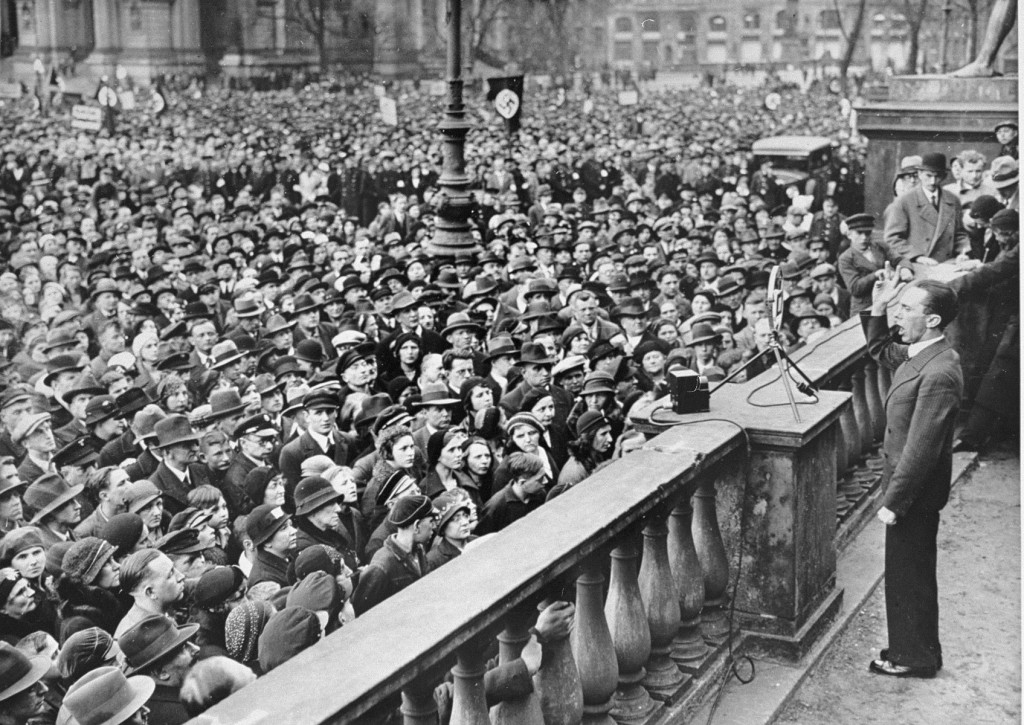
Nazi Propaganda and Censorship
The Nazis used propaganda to win the support of millions of Germans. Censorship helped to suppress ideas that the Nazis saw as threatening.
The Nazis wanted Germans to support the Nazi dictatorship and believe in Nazi ideas. To accomplish this goal, they tried to control forms of communication through censorship and propaganda. This included control of newspapers, magazines, books, art, theater, music, movies, and radio.
How did the Nazis use censorship?
When the Nazis came to power in 1933, the German constitution guaranteed freedom of speech and freedom of the press. Through decrees and laws, the Nazis abolished these civil rights and destroyed German democracy. Starting in 1934, it was illegal to criticize the Nazi government. Even telling a joke about Hitler was considered treachery. People in Nazi Germany could not say or write whatever they wanted.
Examples of censorship under the Nazis included:
- closing down or taking over anti-Nazi newspapers;
- controlling what news appeared in newspapers, on the radio, and in newsreels;
- banning and burning books that the Nazis categorized as un-German; and
- controlling what soldiers wrote home during World War II.
How did the Nazis use propaganda?
The Nazis used propaganda to promote their ideas and beliefs. Beginning in March 1933, the regime tried to centralize its propaganda efforts in a new ministry led by Joseph Goebbels. This ministry was called the Reich Ministry of Enlightenment and Propaganda.
The Nazis used a variety of propaganda tools to spread Nazi ideas. Examples of propaganda under the Nazis included:
- glorifying Adolf Hitler by using his image on postcards, posters, and in the press;
- spreading negative images and ideas about Jews in magazines, films, cartoons, and other media;
- making radios more affordable so that more Germans could listen to Nazi ideas and news;
- broadcasting Nazi speeches on the radio and public loudspeakers;
- organizing large and celebratory Nazi Party rallies; and
- creating groups, like the Hitler Youth and League of German Girls, that fostered Nazi ideals.
How did propaganda and censorship work together?
Textbooks are a good example of how propaganda and censorship worked together in the Nazi regime. The Nazis used both propaganda and censorship to control what students read in school. Nazi censors removed some textbooks from classrooms. New textbooks taught students to obey the Nazi Party, love Hitler, and hate Jews.


